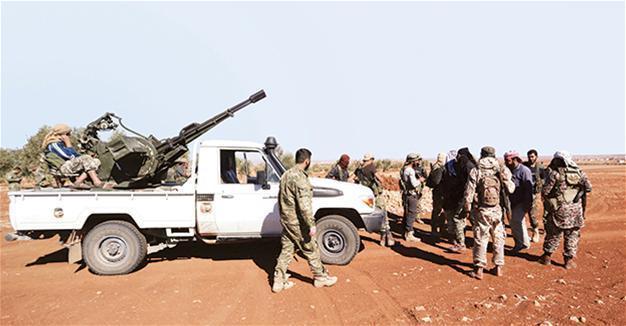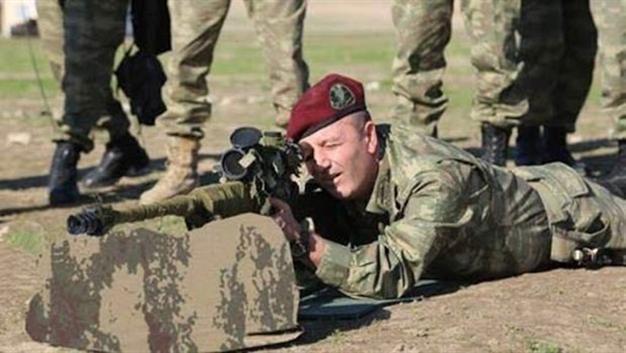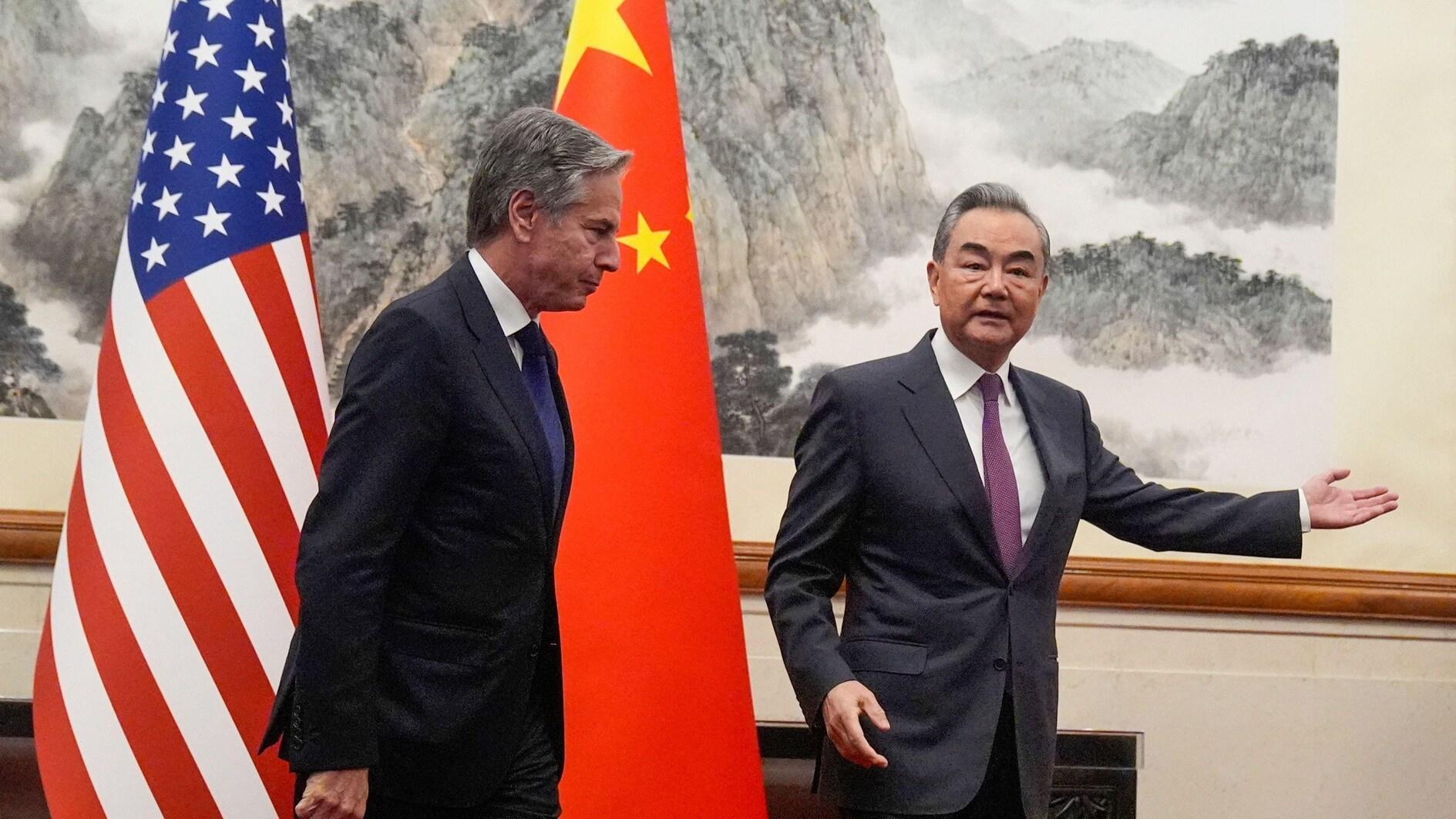I’m in Syria, Turkish commander responds to coup panel
Umut Erdem – ANKARA

REUTERS photo
The commander of Turkey’s special forces, who had a crucial role in thwarting the July 15 failed coup attempt, has said he is currently in Syria within the scope of the Euphrates Shield Operation in northern Syria and cannot attend a session of the parliamentary commission formed to investigate the failed coup.The commission wanted to hear Special Forces commander Lt.-Gen. Zekai Aksakallı on Nov. 17 to better understand how the July 15 coup attempt occurred but received a negative response from the special forces command, saying “Aksakallı is in Syria and thus cannot come to the panel this week.”
Turkey-backed Free Syrian Army (FSA) rebels launched an operation on Nov. 13 to capture northern Syria’s al-Bab from the Islamic State of Iraq and the Levant (ISIL) under the Euphrates Shield Operation.
The operation was initially launched on Aug. 24 in order to free Turkey’s border with Syria from putative terrorist groups.
Aksakallı, who is currently conducting the Euphrates Shield operation, was promoted to this rank by the Supreme Military Council (YAŞ), chaired by Prime Minister Binali Yıldırım, in its first meeting since the failed coup attempt.
Aksakallı, in his former capacity as major general, played a key role in the defeat of the attempted coup after realizing that his deputy, Brig.-Gen. Semih Terzi, was an active member of the junta.
Aksakallı was trapped inside the Special Forces HQ as the plot was underway, after which he phoned his bodyguard, Sgt.-Maj. Ömer Halisdemir, who was outside the building. Aksakallı told Halisdemir that Terzi was a traitor and said Halisdemir should stop him from entering the building. Halisdemir shot Terzi, before being killed by the coup soldiers.

Turkish special forces in al-Bab, say sources
As part of the operation to take al-Bab back from ISIL, Turkish special forces units have infiltrated into the town and its surrounding area, according to rebels sources in the region.
The special forces have marked ISIL targets that are of critical importance for the Turkish and Turkey-backed forces to strike.
Turkish warplanes struck 15 targets in the al-Bab area on Nov. 13, the Turkish military said on Nov. 14, adding that 10 ISIL defensive positions, command centers and an ammunition store were destroyed in the strikes.
While nine FSA fighters were killed and 52 wounded during clashes in the region, four Turkish troops were also wounded, the statement read.
Deputy Prime Minister and government spokesperson Numan Kurtulmuş said Nov. 14 that Turkey had regained the opportunity to provide Syrian rebels air and logistical support by negotiating with the interlocutors, including Russia.
“FSA members have come very close to al-Bab. Turkey has also restarted its air support,” said Kurtulmuş on Nov. 14 after a cabinet meeting in Ankara.
“Our sensitivity on this issue was a cautionary step that came as a result of negotiations with Russia and the necessary interlocutors over Aleppo. As a result of these negotiations, Turkey has found the opportunity to once again support the FSA from air and also logistically and this support will be provided,” said Kurtulmuş.
A FSA offensive on al-Bab, with the backing of the Turkish military, was slowed down after a Syrian warning about the use of its airspace on Oct. 26. Since then, neither Turkish nor other U.S.-led coalition planes were able to operate in the region because of Russian-made Syrian air defense.
This situation changed on Nov. 11 when Turkish warplanes hit ISIL targets to the west of Syria’s Salva town.
The Turkish military and the FSA forces have so far seized control of 202 residential areas located on about 1,620 square kilometers of territory, the military said.
The operation has also targeted the YPG militia, the military wing of the Syrian Kurdish Democratic Union Party (PYD), in the region and 10 of the group’s fighters were “neutralized” in shelling over the last 24 hours as they tried to seize control of the Tal Jijan area, the statement said.
The YPG is an ally of the United States in its fight against ISIL and is not recognized as a terrorist organization by most of the international community. Ankara denounces the YPG as an affiliate of the outlawed Kurdistan Workers’ Party (PKK).
“Turkey’s aim is clear: clearing 5,000 square kilometers of area from terror organizations; the PYD and YPG withdrawing to the east of the Euphrates River, and clearing Daesh from the whole of the region for the civilians to return to their own lands,” said Kurtulmuş, using an Arabic acronym for ISIL.
“In this framework, the Euphrates Shield Operation is proceeding as planned and this operation will be halted when all our aims are achieved,” he added.
















